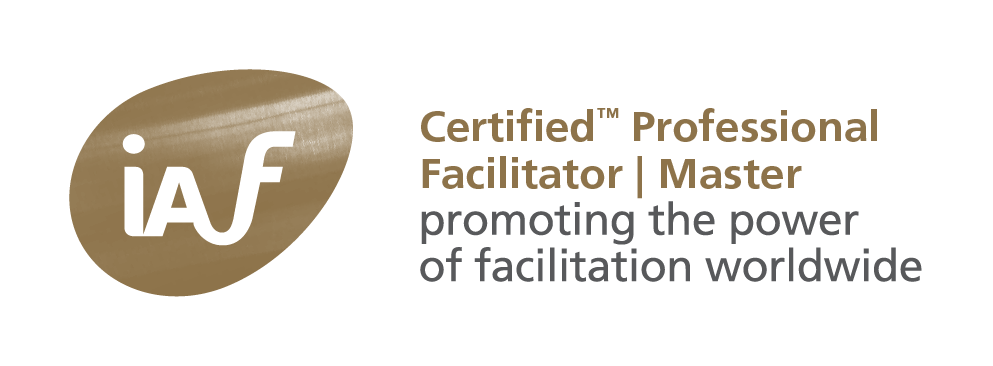Here is a comment on “Effective Solutions to Complex Challenges are Available Today but Get Stuck. – What is Your Proposal to Get this fixed?” I posted in Leading in a Complex Environment.
 We have no solutions, but admitting we’re stuck. As is clearly stated in the introduction: successful solutions from the past do not work and they will not work in future. The problem is not “caused’ by anything, not a lack of analysis or complexity. We’re at the end of what models and thinking can bring. Our situation cannot be solved by any leader, as leaders have become parts in the problem (and this is what a leader finds hard to admit).
We have no solutions, but admitting we’re stuck. As is clearly stated in the introduction: successful solutions from the past do not work and they will not work in future. The problem is not “caused’ by anything, not a lack of analysis or complexity. We’re at the end of what models and thinking can bring. Our situation cannot be solved by any leader, as leaders have become parts in the problem (and this is what a leader finds hard to admit).
Stuckness is natural phenomena, we’ve been moving in circles, cycles. There exists no fix for this. The sensible thing to do is experience the pain, disorientation, fear, unbelief, if you want. And not to attribute it to something or somebody else. We have to live through these contradictions, our failures – success is the best predictor of coming failure – and accept the fact “I don’t know what this means to us”.
Every system always works towards the edge of chaos. That is the “place and time” where transformation, rebirth, will occur. We’re now at that edge, and I assume we should look at ourselves first. Because it is not a physical edge, but a mental, emotional and spiritual edge, we have difficulty in “seeing” it.
Groups, organizations and societies get stuck, as they tend to split off parts of themselves and are unable to reclaim these. We used to project these split off parts on others: other people, other nations, other organizations,.. . It worked – that’s why we did it. But now, it doesn’t any more. “more of the same”. It is a long story.
1. What has happened, it depends on your view, is that “leadership” has been split off too. This makes sense in case of short term, threatening situations. “Just follow my lead”. A follower relies on the leader. The leader needs followers to trust him or her and vice versa. If not, we’re in a crisis, so better follow the leader. Gradually. we came out of the situation – it is called “The Renaissance” and into several revolutions.
2. When we came in quieter waters, we started to rely on analysis – diagnosis – receipt, by an expert, professional. Applying knowledge and models. We’re following the expert, still part of the entourage of the leader. Now, we all have to trust the models, the analysis. In fact, we rely so much on them, we do not notice the facts: the models don’t work any more. This created our current crises (it is a melee). And a crises is handle .. through leaders. So we tend to go back to square 1.
In all these cases, what we didn’t do, is learn people how to lead themselves. In our democracy, we still ask people to vote and select a leader, who will bring solutions. In a company, we still do not listen to the work floor, where the actual work is occurring. (I did. I found some marvellous solutions, and was fired. I even was told: “this is how it works; you do not teach people how to lead themselves”).
3. The role of the leader is no longer to lead, but to facilitate the learning of people to lead themselves. A leader must be willing to explore his or hers own emotions, drives, feelings and anxieties. He or she must be able to hold the tensions generated through the opposites as parts of “what is”. And make fundamental choices: support others in exploring the patterns too. Leadership has to be reintegrated into the group.
Groups, organizations and societies will have to work through the key conflicts. And even worse, to live with them. Conflicts and stuckness are not going away. Projecting them on other people – “the other” or “the leader” -, is not working any more. Repeating cycles of conflict, tensions, pain and disorientation will have to become learning aids. As Smith and Berg state: “If enough energy can be marshalled (I like that term, JL) to hold opposing forces together, in spite of the forces acting to drive them apart, a tremendous amount of energy can be released and a new “element” (their quotes) created“.




